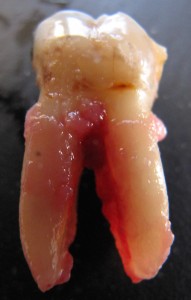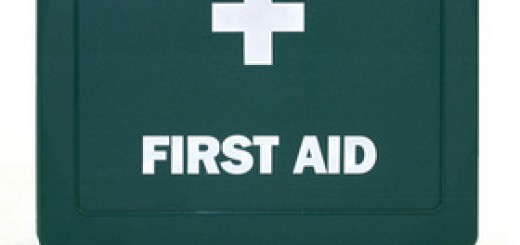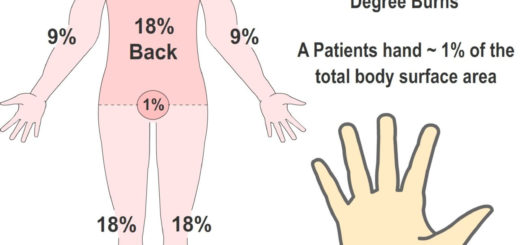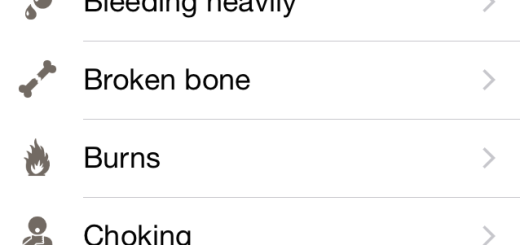First aid for a knocked out tooth
When a tooth is knocked out, appropriate emergency dental care is necessary. If a child is older than 5 – 6 years it is likely to be a permanent (adult) tooth. A permanent adult tooth can often be saved if prompt first aid action is taken and the tooth is handled carefully. The delicate tissue covering the root must be protected to ensure successful re-implantation and prevent any infection.
If a child is 4 – 5 years old or less it is likely to be a baby (‘milk’) or primary tooth. Baby teeth may become injured after a fall and turn grey in colour. Treatment is not always necessary, but it is best to have a dentist examine the child as soon as possible. Loosing baby teeth is a natural process in a child’s development
First aid steps for a knocked out tooth
If a baby (milk) tooth is knocked out:
- If there is bleeding, put cold water on a piece of gauze and apply pressure to the injury site
- Offer the child an ice cube to suck to reduce swelling
- Call your dentist for advice. They will probably want to see the child to assess the need for realignment, or removal of a very loose tooth
A knocked out ‘baby tooth’ should not be replaced
If a permanent (adult) tooth is knocked out:
- Hold the tooth by the crown (the top white bit in the photo), not the root
- Rinse the tooth immediately with saline or milk but avoid scrubbing any material off the tooth
- If the casualty will cooperate, replace the tooth gently in its socket
- Give the casualty a gauze pad to gently bite down on to help reduce any bleeding
- If the tooth cannot be re-inserted, put it in milk or ask the casualty to hold the tooth inside their mouth in their cheek
- Seek emergency dental advice
Caution: DO NOT replace the tooth or place anything in the mouth of a drowsy or unconscious casualty
If the tooth can’t be re-implanted, control bleeding by placing a gauze pad in the tooth socket, and then get the casualty to bite gently down on the pad. Avoid rinsing out the mouth repeatedly because this can interfere with blood clotting.
Tooth injuries are common during contact sports. You can reduce the chances of teeth injuries by wearing appropriate gum protection such as a mouthguard. In many sports this is now compulosry.







many would have saved their teeth if they knew about this.
thank you doctor.